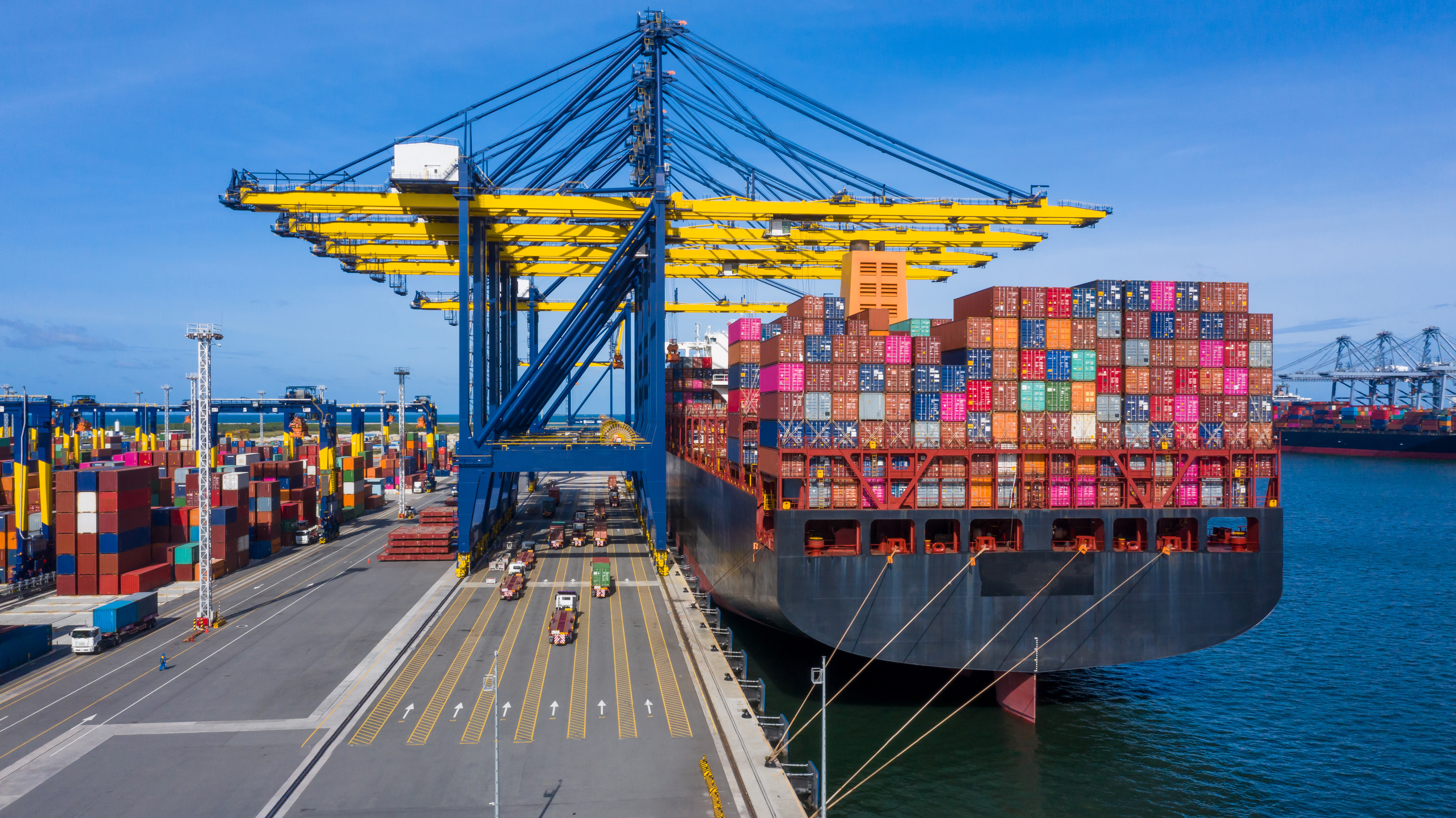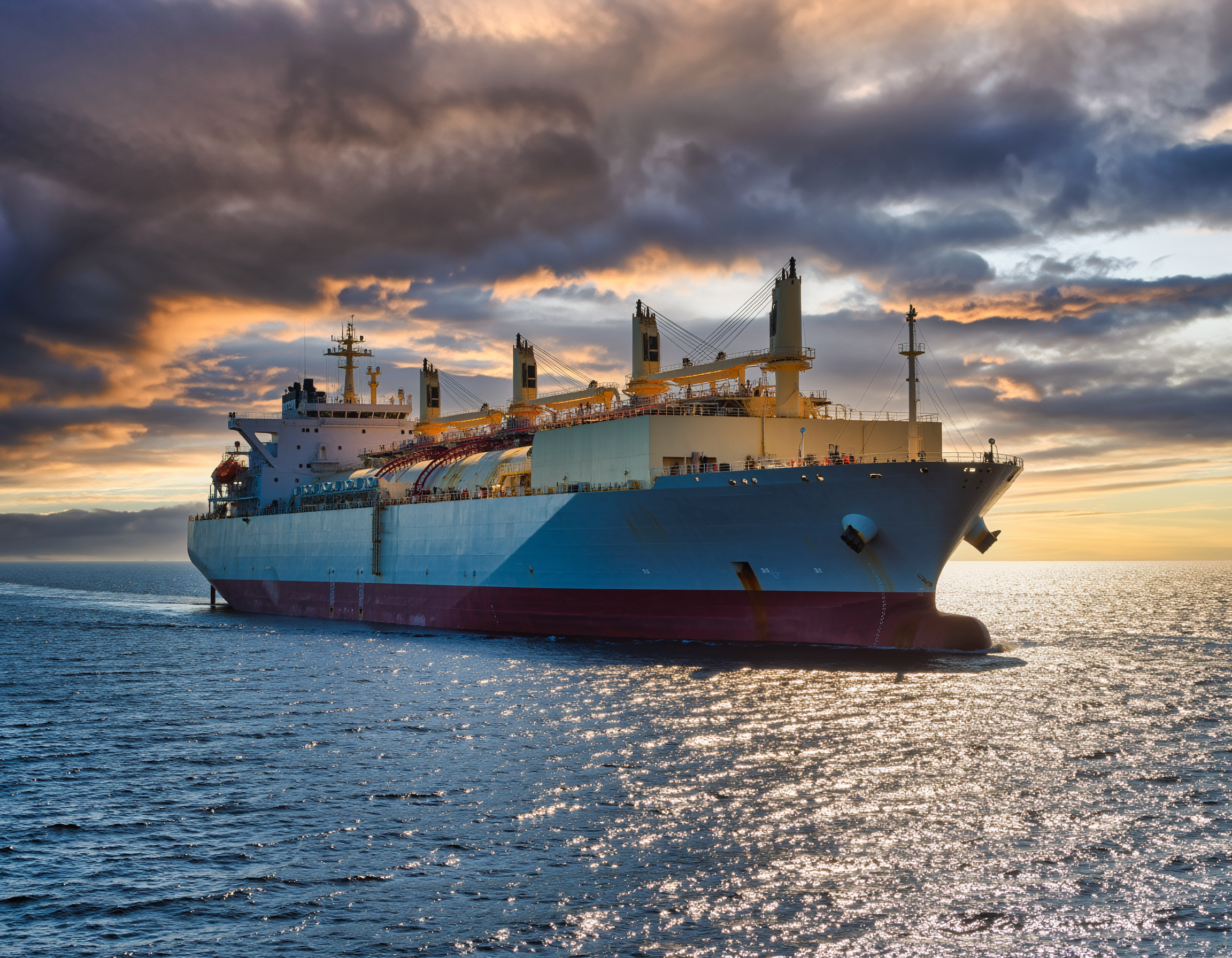Navigating Nutrition on the High Seas
Introduction
The life of a seafarer is one of adventure and exploration, but it also comes with unique challenges, particularly regarding food and diet. Ensuring that mariners receive adequate nutrition is crucial not only for their health but also for their overall well-being and efficiency in performing their duties. Understanding the challenges and adhering to guidelines, including the Maritime Labour Convention (MLC) 2006, plays a vital role in maintaining the health of seafarers.
Challenges Faced by Seafarers
Limited Access to Fresh Produce
One of the primary challenges seafarers face is the limited access to fresh fruits and vegetables. Long voyages often mean that fresh produce consumed early in the journey must be replaced with canned or preserved alternatives, which may not provide the same nutritional value.
Storage Constraints
Ships have limited space for storing food, and the storage facilities must ensure that food remains safe and uncontaminated. This often leads to a reliance on non-perishable items such as canned goods, dried foods, and long-life dairy products. The lack of fresh options can affect the overall diet quality.
Monotony of Meals
The repetitive nature of meals on board can lead to food fatigue, where seafarers become disinterested in eating the same types of food repeatedly. This can result in inadequate nutrient intake and decrease overall morale.
Cultural Diversity
Ships often have crew members from various cultural backgrounds, each with different dietary preferences and restrictions. Catering to such a diverse group while ensuring everyone receives balanced nutrition is a complex task.
Irregular Meal Times
The demanding work schedules on ships often mean that crew members cannot always eat at regular times. Irregular meal times can disrupt digestion and metabolism, leading to potential health issues over time.
Guidance for Improving Seafarers' Diet
Meal Planning and Variety
Effective meal planning is essential to ensure a balanced diet. Including a variety of food items can help prevent food fatigue and ensure that seafarers receive all essential nutrients. Incorporating different cooking methods and recipes can add variety to the menu.
Provision of Fresh Produce
Whenever possible, fresh fruits and vegetables should be included in the diet. Partnering with ports to restock fresh produce can be effective strategies to avoid nutritional deficiencies.
Proper Storage and Handling
Investing in advanced storage facilities can help keep food fresh for longer periods. Proper handling procedures should be followed to avoid contamination and spoilage, ensuring the safety and quality of food consumed on board.
Nutrition Education
Educating crew members about the importance of a balanced diet and how to make healthier food choices, even with limited options, can promote better eating habits. Providing resources and training on nutrition can empower seafarers to take charge of their dietary health.
Cultural Sensitivity
Understanding and respecting the dietary preferences and restrictions of crew members from different cultural backgrounds is crucial. This can be achieved by offering a variety of dishes and considering alternative ingredients that meet everyone's needs.
MLC 2006 and Its Impact
The Maritime Labour Convention (MLC) 2006 sets out comprehensive rights and protections for seafarers, including provisions related to food and catering, and on 23 December 2024, the 2022 amendments to the MLC 2006 come into force. The MLC 2006 establishes minimum standards to ensure that seafarers have access to nutritious and adequate food during their service.
Key Provisions of MLC 2006
- Quality and Quantity of Food: The convention mandates that food provided to seafarers should be of suitable quality, nutritional value, and quantity, taking into account the duration and nature of the voyage.
- Dietary Requirements: Dietary preferences, cultural factors, and religious restrictions should be considered in meal planning to ensure that all crew members' needs are met.
- Hygiene and Safety: Proper hygiene practices and safety standards in food storage, preparation, and handling must be maintained to prevent foodborne illnesses and ensure food safety.
- Training for Cooks: Cooks and catering staff on board should be adequately trained and qualified to prepare meals that meet the nutritional needs of seafarers.
- Regular Inspections: Regular inspections of food and catering facilities are required to ensure compliance with the standards set by the MLC 2006.
- Drinking Water: Good quality drinking water must be available onboard and free of charge for seafarers
Implementation and Benefits
The implementation of MLC 2006 has had a significant impact on the well-being of seafarers. By setting clear guidelines for food quality and safety, the convention has helped improve the overall diet and nutrition of mariners. This, in turn, has contributed to better health outcomes, increased job satisfaction, and higher morale among seafarers.
Conclusion
The food and diet of seafarers play a crucial role in their health, well-being, and ability to perform their duties effectively. While there are challenges to providing nutritious and varied meals on board, adhering to guidelines and standards such as those set by MLC 2006 can help overcome these obstacles. By prioritizing the nutrition of seafarers, we can ensure that they remain healthy, motivated, and ready to navigate the high seas.





![The Solomon Trader [2025] EWCA Civ 1387: The ‘pay to be paid’ rule affirmed in the Court of Appeal](/fileadmin/uploads/ukpandi/News_Images/AdobeStock_104743067.jpeg)
